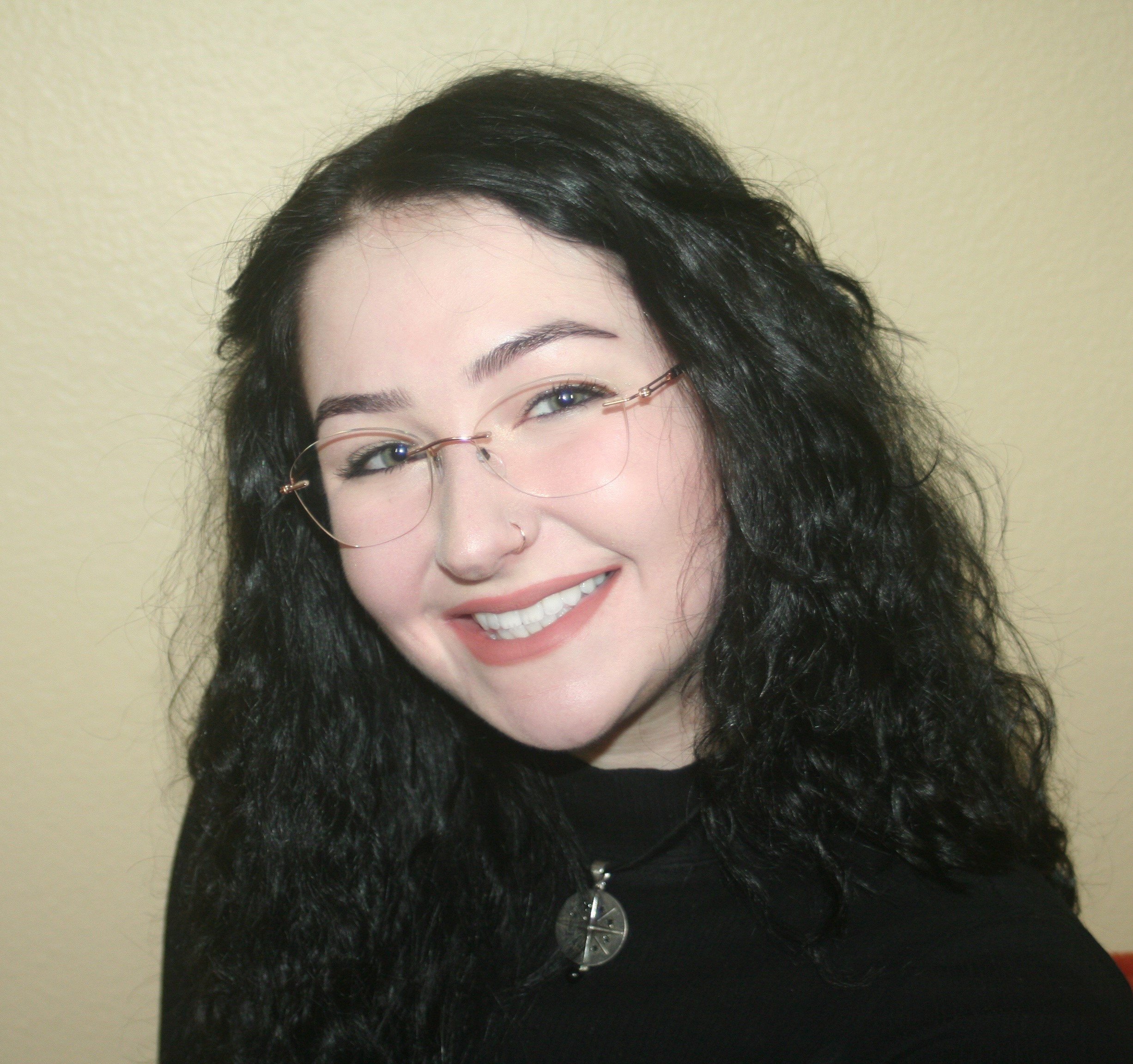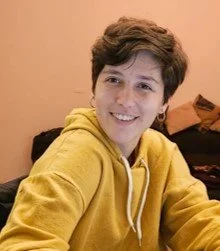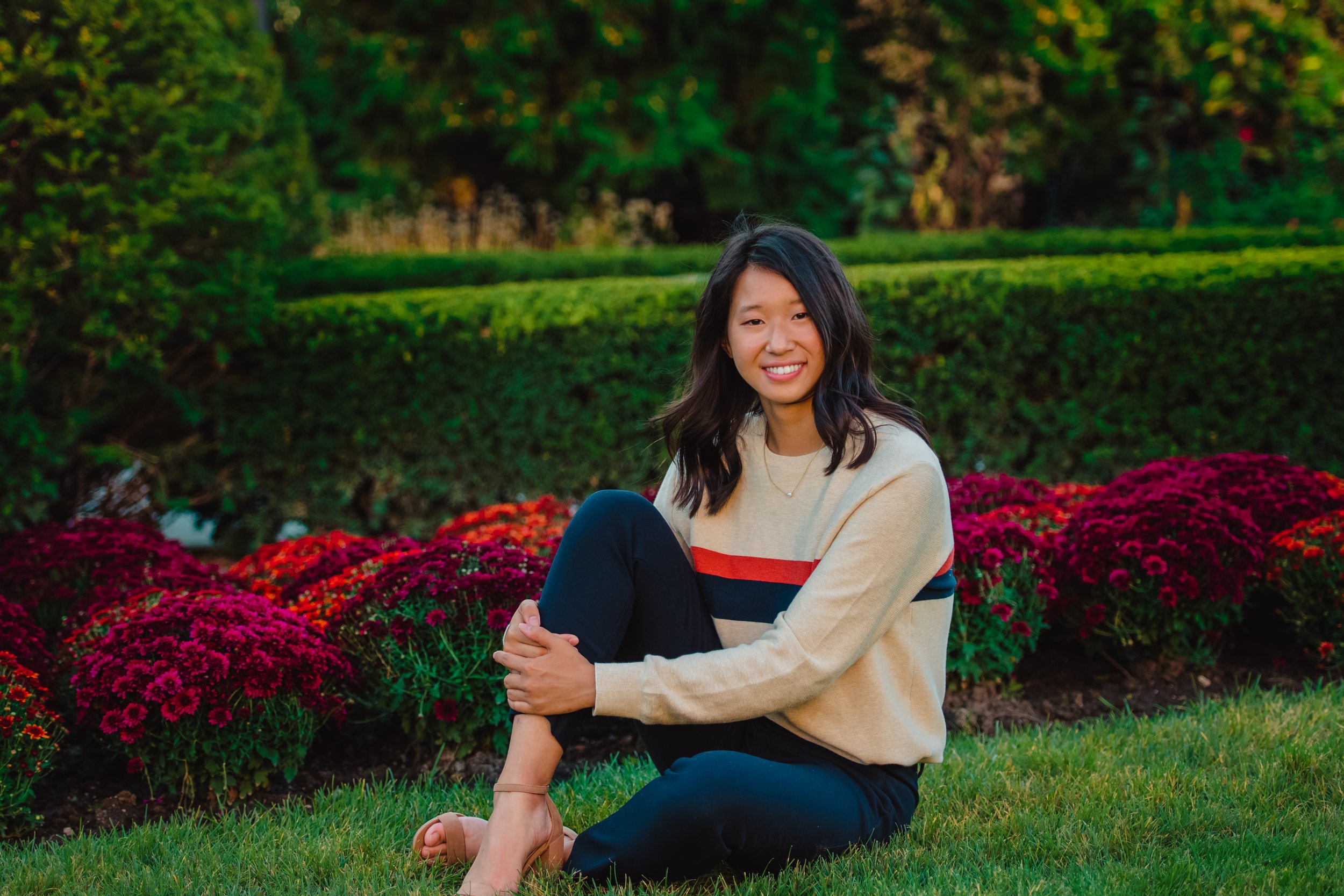
We believe that diversity in cultural, ethnic, gender identity and
scientific background is the most fertile ground for discovery.
Horacio de la Iglesia
Professor of Biology
I finished my undergraduate studies in Biology at the University of Buenos Aires, Argentina. I got my PhD in Neuroscience and Behavior at the University of Massachusetts, Amherst, where I studied the neuroanatomical interactions between the master circadian clock of mammals and the brain centers that control reproduction. I then continued my research on the neural control of circadian rhythms as a Post-doctoral Fellow and as an Instructor at the University of Massachusetts Medical School, while I was also an Instructor at Harvard University. I joined the University of Washington Department of Biology in 2003.
We thank Alek Helgesen-Thompson for his help with our website design
I am a postdoc investigating the nature by which fear entrains (synchronizes) circadian rhythms. Disruptions in circadian rhythms have been identified as a core feature of many anxiety disorders, such as post-traumatic stress disorder. However, the underlying mechanisms causing these long-lasting effects remain unclear. My current research is centered around the usage of an emergent diurnal-rodent model, the antelope ground squirrel (Ammospermophilus leucurus), to understand the behavioral, physiological, and neural basis of how the circadian time-stamp of fear is manifest in organisms. With this research, I aim to generate a comprehensive understanding of fear entrainment that is more translatable to human health than existing nocturnal models.
Prior to this appointment, I completed my BS in Integrative Biology at the University of Illinois Urbana-Champaign in 2015 and my PhD in Biology at Northern Arizona University in 2021. As an ecophysiologist by training, I am also ingrained with a curiosity for understanding behavioral and physiological adaptations of animals in the wild. I am excited about coupling this research background in free-living animal systems with the experimental techniques used in the de la Iglesia lab to pursue innovative research projects here at UW and beyond.
Victor Zhang
Postdoctoral Researcher
Asad Beck
Graduate Student
I got my PhD at the Graduate Program in Neuroscience at the University of Washington. My interests broadly lie in circadian rhythms, epilepsy, brain-computer interfaces, and neuroethics. I joined the de la Iglesia lab in the Spring of 2019, where I completed my PhD focusing on using machine learning algorithms to forecast seizure onset in mouse models of epilepsy, and on understanding how fearful experiences can alter circadian rhythms and sleep. As a postdoc in the laboratory I continue my research on all this fronts.
I graduated from San Diego State University in 2018, with a B.A. in Psychology (double minoring in Philosophy and English). Outside of lab, I spend my time baking, playing/writing music, and reading while walking around Seattle.
After earning my B.S. in Biology from Portland State University, I joined the de la Iglesia Lab through UW PREP to study the effect of lunar phase on sleep health. During my time here, I am developing my skills in research on human subjects, academic reading and writing, and critical analysis of prior research on lunar effects on sleep (which, thus far, has been conflicting). I will pursue a Ph.D. in Neuroscience so that I may continue learning about sleep, environmental effects, and peculiar mechanisms of the brain that can be used to improve health. I’m keen on providing evidence-based policy solutions to systemic problems; as an undergraduate, I provided testimony on the harmful impacts of Daylight Savings Time and the benefits of adopting Permanent Standard Time. You may contact me at: robisonn@uw.edu
Natalie Robison
Postbaccalaureate
Kimberly Derderian
Graduate Student
I’m a postdoc studying how different environmental factors, such as school/work schedules, seasons, light exposure and moon phases, impact human sleep. To do so, we study human behavior (i.e. sleep timing), but we are also beginning studies that include sleep laboratory visits. The latter would allow us to understand the effect of environmental factors on human circadian and homeostatic regulation of sleep.
I finished my undergraduate studies in Biology and Computer Sciences at the University of Buenos Aires, Argentina. I got a PhD in biology from the same University for studying how school start times modulate adolescents’ chronotypes, sleep and academic performance. I also taught Human behavior at Torcuato Di Tella University and Computer Science at the University of Buenos Aires.
Guadalupe Rodriguez Ferrante
Postdoc
Glorianna Gutierrez
Graduate Student
I got my BS in Neuroscience at the University of Washington. As part of the ENDURE program, I joined the de la Iglesia lab as a student researcher in 2022. I am currently a graduate student in the Department of Biology. My undergraduate research project focused on using machine learning algorithms to predict seizures in a mouse model of Dravet Syndrome, a genetic form of epilepsy, with the goal of creating a closed-loop system that prevents seizures before their onset. Currently, my research is focused on how naturally aversive stimuli can entrain circadian rhythms.
Vivian Chen
Undergraduate Student
I am an undergraduate student in the de la Iglesia lab investigating the mechanisms of fear entrainment on circadian rhythms. Findings that establish connections between neural pathways involved in fear processing and sleep could offer valuable insights for individuals suffering from post-traumatic stress disorder, many of whom experience disturbances in their circadian rhythms.I am currently in my third year at the University of Washington, Seattle, pursuing a B.S. in Biology, with potential plans to pursue either/both medical school or graduate school in the future.
Alek Helgesen-Thompson
Undergraduate Student
Currently I am an undergraduate student at the university of Washington, pursuing a degree in Electrical and Computer Engineering. I am interested in how computation affects the different aspects of biological research. I am working on creating a closed loop seizure prediction model that can predict and prevent the seizure before its onset in a mouse model of Dravet syndrome.







